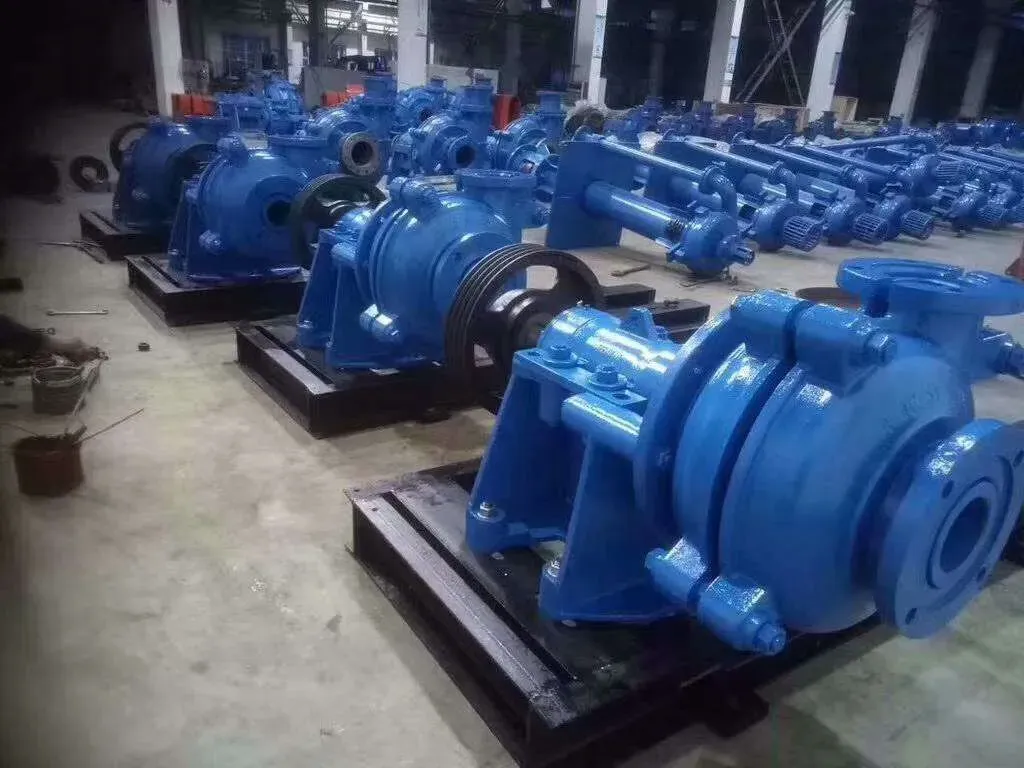English
- Afrikaans
- Albanian
- Amharic
- Arabic
- Armenian
- Azerbaijani
- Basque
- Belarusian
- Bengali
- Bosnian
- Bulgarian
- Catalan
- Cebuano
- Corsican
- Croatian
- Czech
- Danish
- Dutch
- English
- Esperanto
- Estonian
- Finnish
- French
- Frisian
- Galician
- Georgian
- German
- Greek
- Gujarati
- Haitian Creole
- hausa
- hawaiian
- Hebrew
- Hindi
- Miao
- Hungarian
- Icelandic
- igbo
- Indonesian
- irish
- Italian
- Japanese
- Javanese
- Kannada
- kazakh
- Khmer
- Rwandese
- Korean
- Kurdish
- Kyrgyz
- Lao
- Latin
- Latvian
- Lithuanian
- Luxembourgish
- Macedonian
- Malgashi
- Malay
- Malayalam
- Maltese
- Maori
- Marathi
- Mongolian
- Myanmar
- Nepali
- Norwegian
- Norwegian
- Occitan
- Pashto
- Persian
- Polish
- Portuguese
- Punjabi
- Romanian
- Russian
- Samoan
- Scottish Gaelic
- Serbian
- Sesotho
- Shona
- Sindhi
- Sinhala
- Slovak
- Slovenian
- Somali
- Spanish
- Sundanese
- Swahili
- Swedish
- Tagalog
- Tajik
- Tamil
- Tatar
- Telugu
- Thai
- Turkish
- Turkmen
- Ukrainian
- Urdu
- Uighur
- Uzbek
- Vietnamese
- Welsh
- Bantu
- Yiddish
- Yoruba
- Zulu
Telephone: +86 13120555503
Email: frank@cypump.com
Nov . 18, 2024 13:24 Back to list
pump for wastewater
The Importance of Pumps for Wastewater Management
Efficient wastewater management is crucial for maintaining environmental health and public safety. At the heart of this process are wastewater pumps, which play a vital role in transporting and processing sewage. This article explores the significance of pumps for wastewater, their types, features, and the advancements in pump technology that enhance wastewater treatment efficiency.
Understanding Wastewater Pumps
Wastewater pumps are specialized devices designed to move sewage and wastewater from lower elevations to treatment facilities or treatment systems. These pumps are essential in various applications, including municipal sewage treatment plants, industrial wastewater systems, and residential sewage disposal systems.
Pumps are utilized to handle different types of wastewater, which may contain solids, liquids, and gases. Therefore, selecting an appropriate pump for a specific application is crucial to ensure efficiency and minimize maintenance issues. Common types of pumps used in wastewater management include submersible pumps, centrifugal pumps, and positive displacement pumps.
Types of Wastewater Pumps
1. Submersible Pumps These pumps are designed to operate while submerged in wastewater. They are particularly effective in removing water from basements, handling residential sewage, or managing stormwater. Their design allows them to operate quietly and minimizes the risk of clogging.
2. Centrifugal Pumps Centrifugal pumps use rotational energy to move wastewater. They are ideal for transporting large volumes of liquid and can handle smaller solids, making them suitable for municipal and industrial applications. Their design allows for high flow rates and relatively easy maintenance.
3. Positive Displacement Pumps These pumps work by trapping a fixed amount of wastewater and forcing it through the discharge pipe. They are excellent for managing viscous liquids and can handle solids more effectively than centrifugal pumps. However, they may require more maintenance due to their complex mechanism.
Key Features of Wastewater Pumps
pump for wastewater

When selecting a wastewater pump, several key features must be considered
- Durability Wastewater pumps are exposed to corrosive materials and must be constructed from robust materials like stainless steel or specially coated metals to withstand harsh conditions.
- Capacity The pump's capacity should be compatible with the volume of wastewater expected in a specific application, ensuring efficient management without overloading the system.
- Ease of Maintenance Pumps that are easy to maintain will save time and costs in the long run. Features such as quick disconnects and accessible service points enhance the maintenance experience.
- Energy Efficiency Given that pumps can consume a significant amount of energy, energy-efficient models are increasingly important not only for reducing operational costs but also for minimizing environmental impact.
Advancements in Pump Technology
Recent advancements in pump technology have significantly improved the efficiency and effectiveness of wastewater management systems. One notable trend is the integration of smart sensors and IoT (Internet of Things) technology into wastewater pumps. These innovations allow for real-time monitoring of pump performance, which helps in predictive maintenance and reduces the risk of unexpected failures.
Moreover, advancements in materials science have led to the development of pumps that are more resistant to wear and corrosion. This longevity translates to lower operating costs and fewer disruptions in wastewater management.
Conclusion
Pumps for wastewater management are indispensable for ensuring the effective transportation and treatment of sewage. With a variety of pump types and features available, choosing the right solution for specific wastewater needs is essential. As technology continues to evolve, the wastewater pumping industry is poised to offer even greater efficiencies and sustainability, leading to cleaner water and a healthier environment for all. Investing in quality pumps and innovations will ultimately benefit municipal systems and industries alike, ensuring that our wastewater management processes are effective and environmentally responsible.
-
Horizontal Split Case Pump with GPT-4 Turbo | High Efficiency
NewsAug.01,2025
-
ISG Series Pipeline Pump - Chi Yuan Pumps | High Efficiency, Durable Design
NewsAug.01,2025
-
Advanced Flue Gas Desulfurization Pump with GPT-4 Turbo | Durable & Efficient
NewsJul.31,2025
-
ISG Series Vertical Pipeline Pump - Chi Yuan Pumps | Advanced Hydraulic Design&Durable Construction
NewsJul.31,2025
-
ISG Series Vertical Pipeline Pump - Chi Yuan Pumps | Energy Efficient & Low Noise
NewsJul.31,2025
-
pipeline pump - Chi Yuan Pumps Co., LTD.|High Efficiency&Low Noise
NewsJul.31,2025










